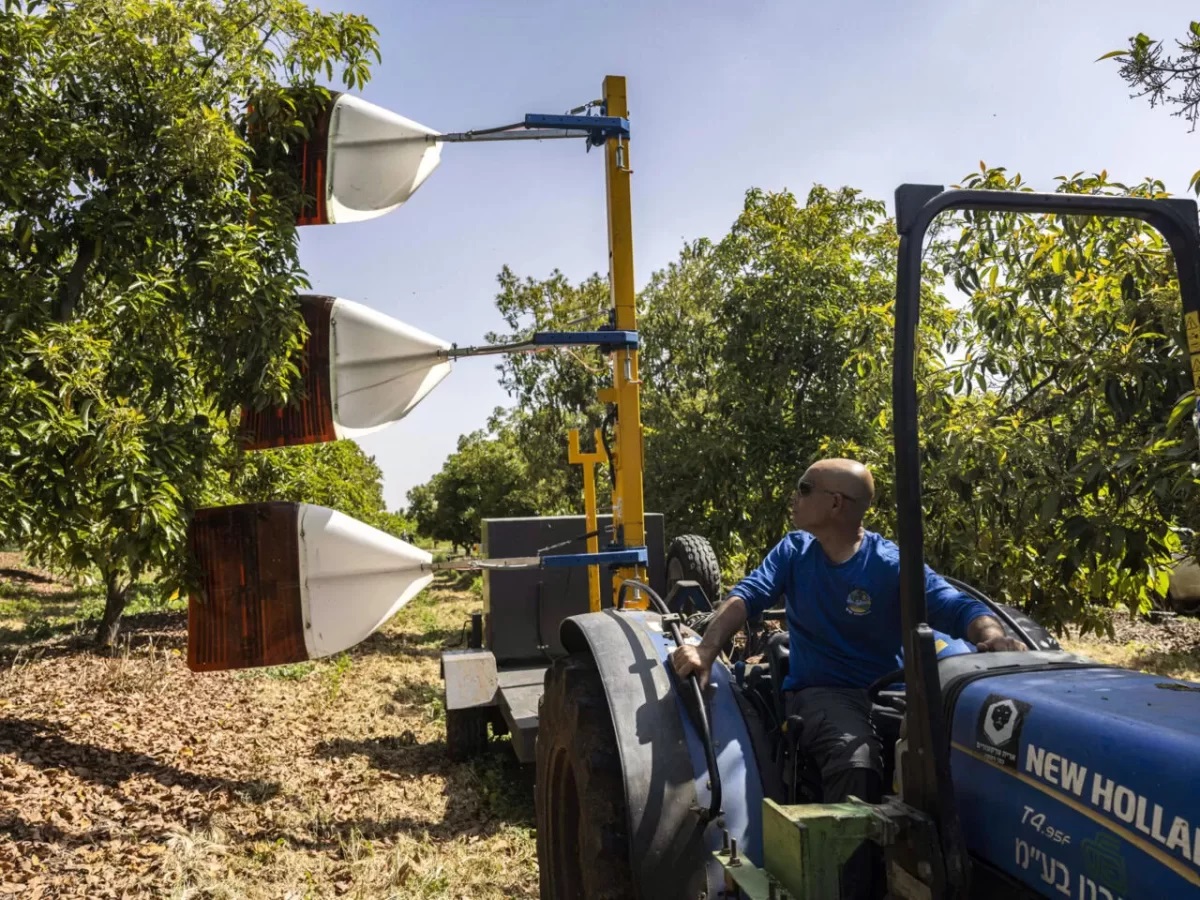Israel’s economic challenges post “Al-Aqsa Flood” operation

Watan-It seems that the era of prosperity that Israel has promoted for decades is now a thing of the past, following the “Al-Aqsa Flood” operation, which has resulted in significant economic losses exceeding $246 million daily.
In October, Israel incurred a budget deficit of 22.9 billion shekels (six billion dollars), representing an increase of more than seven times on an annual basis, according to official data from the occupation’s Ministry of Finance.
As a result, the enemy’s media has warned of a significant and unprecedented rise in vegetable prices, expected to reach over $5, due to the aggression against Gaza. This is particularly concerning since most varieties are imported from abroad, including from the Gaza Strip, especially vegetables and fruits.
Severe Labor Shortage
Since the outbreak of Israel’s war on the Gaza Strip following the “Al-Aqsa Flood” operation, the region has witnessed a severe shortage of workers due to the risks associated with working near the borders. Thousands of foreign workers have been displaced, and there has been a collective mobilization of reserve soldiers in the Israeli Defense Forces.
Hebrew media reports indicate that the agricultural sector is facing a shortage of approximately 40,000 workers, leading to an anticipated increase in prices, especially for goods coming from Turkey, such as tomatoes, due to Turkey’s stance on the war.
According to the Hebrew website “timesofisrael,” the Israeli Ministry of Agriculture is seeking to attract unemployed Israelis to work on farms. The ministry has pledged to double the wages of farmworkers in fields near the borders with Gaza and Lebanon as part of its efforts to compensate for the severe labor shortage in the agricultural sector.
Amid the significant shortage of farmworkers during the Israeli war on Gaza, the occupation’s Ministry of Agriculture is collaborating with the Employment Department to connect unemployed Israelis with farmers facing a labor shortage.

Financial Incentives
On Thursday, the Ministry distributed a form to farmers looking to hire employees, along with a link for Israelis seeking such positions to register.
In order to mitigate the decline in agricultural production, the occupation government pledged to pay 3,000 shekels (780 dollars) monthly to new Israeli workers in agriculture for a minimum of two months, increasing slightly to 4,000 shekels (just over 1,000 dollars) for the third month.
The source quoted the Director-General of the Ministry of Agriculture, Oren Lavi, stating that the Israeli agricultural sector, comprising about 2,000 farms for crop cultivation, is currently facing its worst labor crisis since the occupation began.
Before the war, just under 30,000 foreign agricultural workers, mostly from Thailand, were employed in Israel, with approximately 5,000 of them working on farms near the Gaza Strip. This area produces 75% of the vegetables for which Gaza has been renowned for centuries, a reputation Israel now claims for itself.
Despite receiving hundreds of tons of vegetables from Turkey in recent weeks, the war has impacted the ability to purchase crops from Gaza, particularly cucumbers, leading to empty shelves in stores.
The source noted that many foreign workers have returned to their home countries, posing a significant problem for harvesting in the southern regions of occupied Palestine. The current workforce is unable to fill the gap left by their absence.






